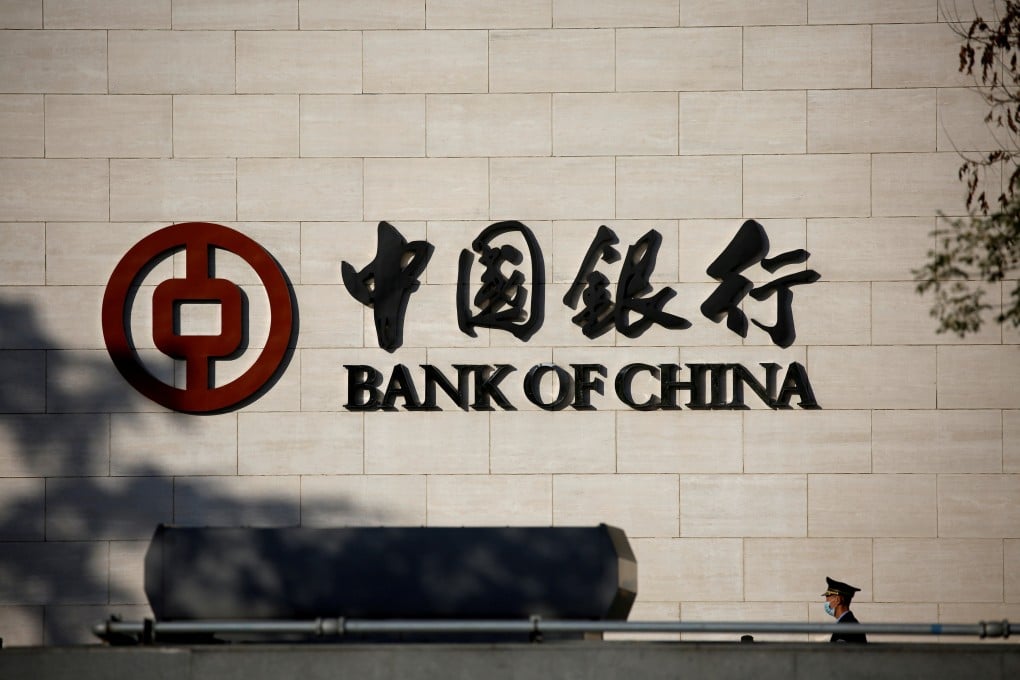Could US-China tensions hinder Beijing’s plans to integrate further with global financial markets?
- China’s efforts to liberalise its financial markets, including removing restrictions on foreign banks, will mean more pressure for the country’s big lenders, say economists
- Stabilising the investment environment and attracting foreign capital have become more urgent as China seeks to offset external challenges, including tensions with the US

The pressure is on for Chinese banks now the country is opening its financial sector to top-flight global competitors.
That’s the message from Wang Kun, deputy general manager of the international banking department at the Industrial Commercial Bank of China (ICBC), one of China’s so-called big five banks.
“We see competition, with more participants going for the same trophy not only in the traditional retail or corporate banking sectors, but it is also coming from capital markets, where Chinese players previously have not been so strong or skillful,” Wang said at an online conference hosted by the Institute of International Finance last week.
China’s efforts to liberalise its financial markets, which have accelerated in recent years, mean more business for ICBC, which will act primarily as a local agent for foreign traders and provide domestic hedging tools, Wang said.
Chinese banks understand local companies and clients the best, so they can add value by providing market education to overseas investors, he added.